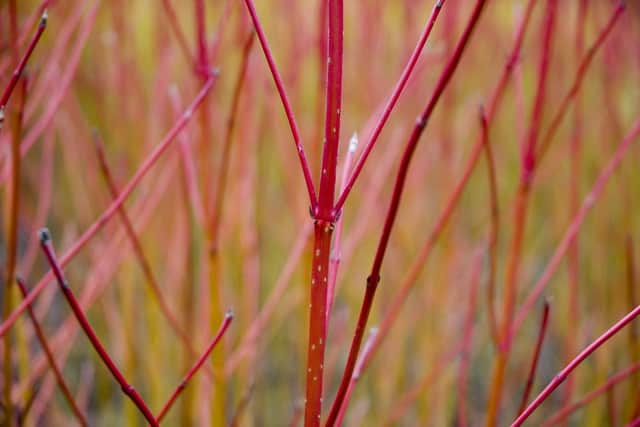North East Lincolnshire Council’s plans to convert roadside grass verges near Grimsby to ‘rain gardens’ are to be welcomed - Yorkshire Post Letters
Plans by North East Lincolnshire Council to convert some roadside grass verges near Grimsby to ‘rain gardens’ is a good thing for the environment. It will also contribute to flood prevention (The Yorkshire Post, February 6).
The ‘rain gardens’ or traditional ‘swales’ are shallow wide ditches, act as a temporary reservoir holding back rain water and slowly releasing the high volumes of water into the surrounding areas by natural flow management.
Advertisement
Hide AdAdvertisement
Hide AdThe margins of these ‘rain gardens’ are planted with moisture loving plants such as dogwoods, elderberries, wild cherries and black thorn to absorb surplus rain water and will again contribute to further flood protection as these plants absorb water as they grow. They also benefit wildlife as the plants provide a food source for insects whilst flowering and birds when berries are formed.


Maintenance of these trees and shrubs by cutting back twigs and branches and shredding them into different sizes of wood chips, provides either a natural path material (rough grade of chips) or mulch (fine grade of wood chips) which decomposes to replenish the organic matter in the soil.
This provides the perfect habits for insects, worms, woodlice and beetles to live and reproduce to provide a food source for birds and mammals.
It is good to see that the government's Environment Agency is going back to traditional methods in order to slow down the flow of excessive rain water into surrounding fields and development land.
Advertisement
Hide AdAdvertisement
Hide AdThis along with techniques of reintroducing natural bends, created by different types of soil and ground rock in the subsoil forms natural rivers, rather than uninspiring man made ‘canals’ which arguably speed up the flow of water.
Further trials are being tested in Doncaster, much of this area is low lying wet pastures which in villages like Hatfield peat was cut to make plant growing compost and for fuel for burning until a decade ago or more.
I believe that this is the most cost effective way of controlling excess rainwater created by excessive amounts of hard standing areas of tarmac, as roads become wider to cope with larger volumes of road vehicles each year.
The only caution is that this rainwater is not pure as there will be pollutants like oil, tyre rubber and nitrogen particles from diesel fuel which will need to be filtered. This can be done by a natural process of planting reeds.
Comment Guidelines
National World encourages reader discussion on our stories. User feedback, insights and back-and-forth exchanges add a rich layer of context to reporting. Please review our Community Guidelines before commenting.
